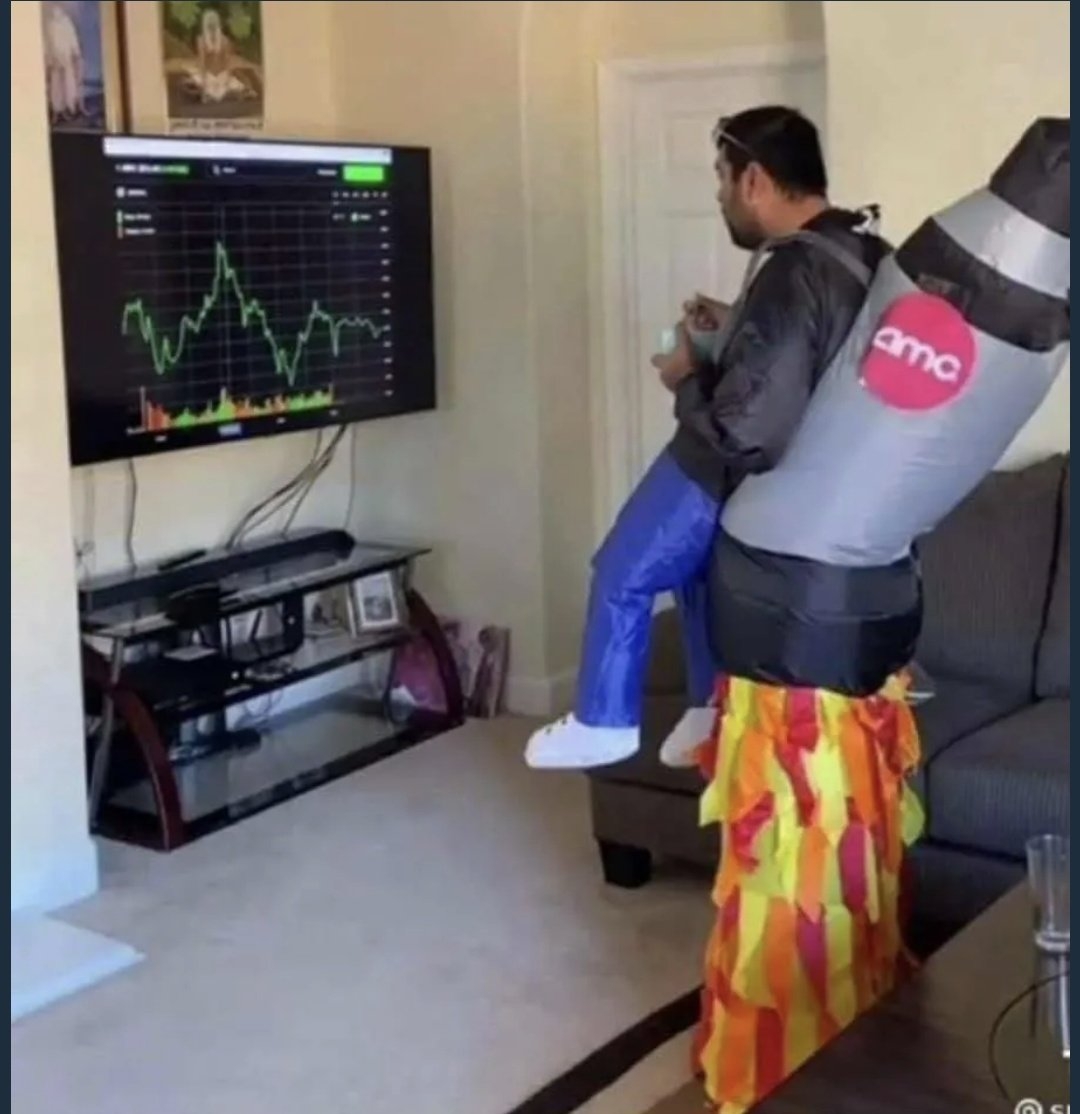
iimkerry
No personal profile
4Follow
8Followers
0Topic
0Badge
Like pls
Pre-Bell|Stock Futures Fall; Chegg Plummet 39.2%
Like pls
What to Watch for at Warren Buffett's 'Woodstock for Capitalists' in Omaha on Saturday
Like pls
Dow erases a 343-point rebound and turns red
Like pls
Nike, Costco, FedEx, Salesforce, and Other Stocks for Investors to Watch This Week
Like pls
Sorry, the original content has been removed
Like pls
Toplines Before US Market Open on Thursday
Like pls
ASML shares rose more than 2% to a record high
Iike pls
Sorry, the original content has been removed
Like pls
Why Apple’s Risk Is Limited
Like pls
Sorry, the original content has been removed
Like pls
Bitcoin Endured a Rocky Day. What's Behind the Selloff
Like pls
Strategists Say the Stock Market Could Struggle This Fall. What to Buy Now?
Like pls
Beat the market with this quant system that’s very bullish on stocks at record highs
Like pls
Sorry, the original content has been removed
Like pls
U.S. energy firms strain to shake off hurricane's toll
Like pls
Sorry, the original content has been removed
Like pls
Sorry, the original content has been removed
Like pls
This Unloved Tech Stock Could Make You Rich One Day
Like pls
Sorry, the original content has been removed
Like pls
Toplines Before US Market Open on Monday
Go to Tiger App to see more news